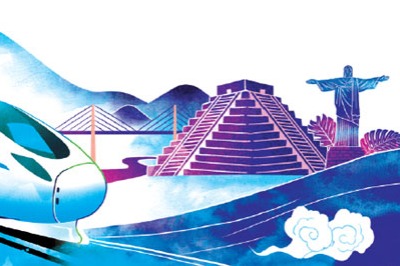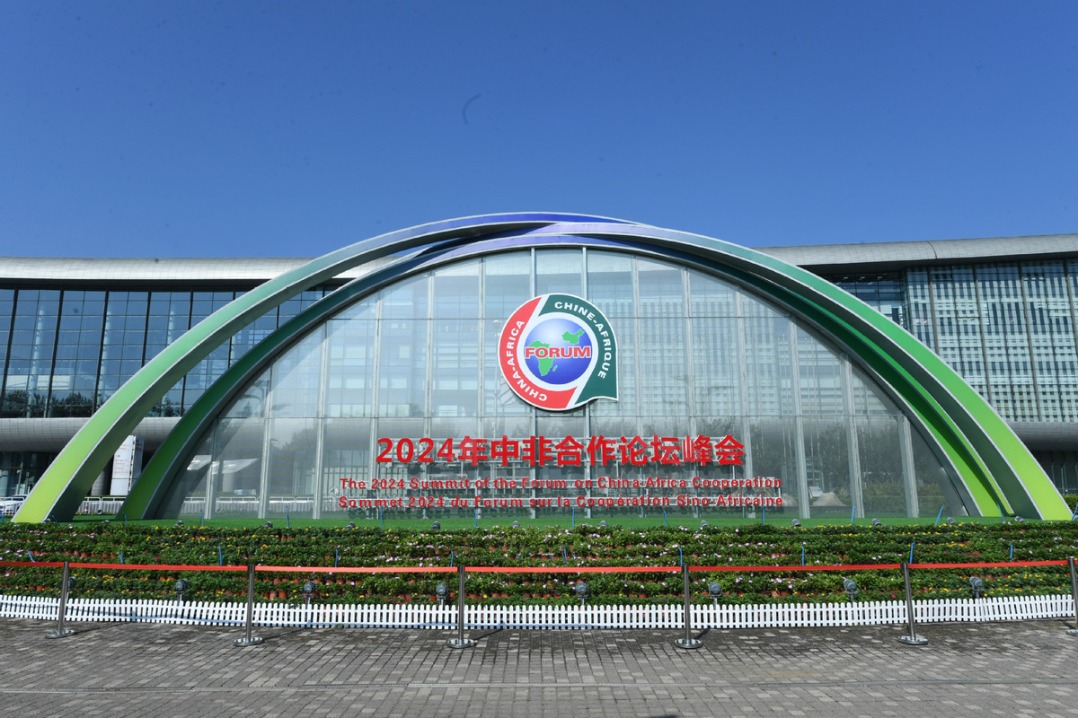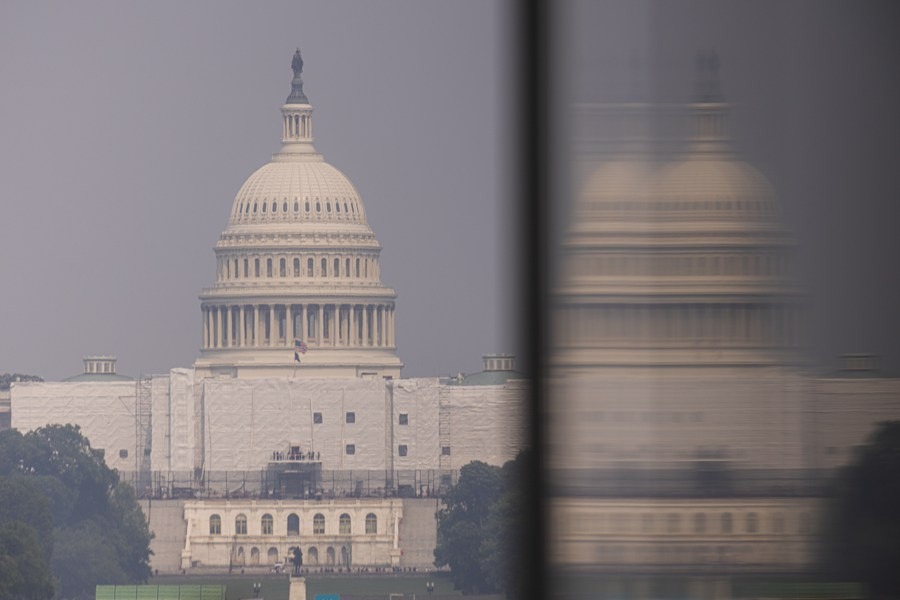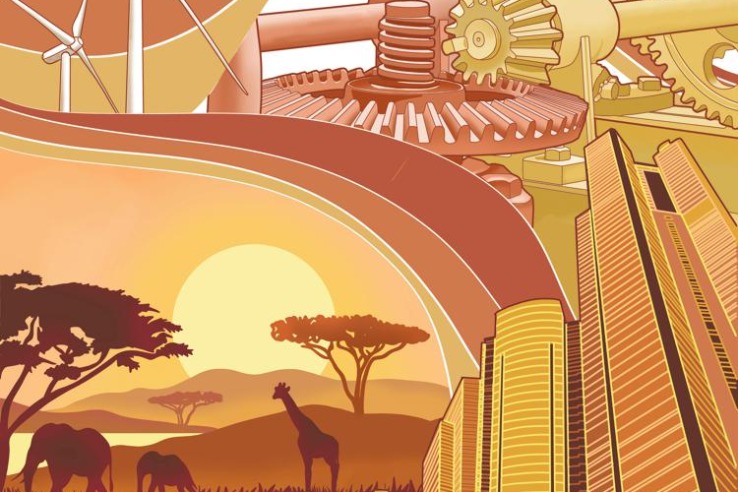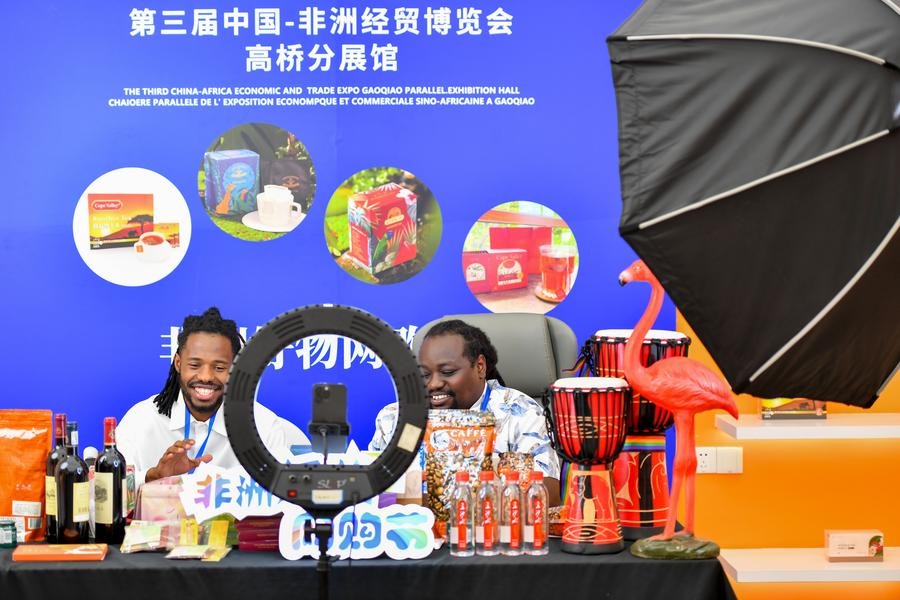Putin's visit signifies high level of cooperation


Russian President Vladimir Putin's visit to China on May 16 to 17, his first foreign trip since being elected president in March for the next six years, demonstrates the highest level of Russia-China cooperation.
China is Russia's most important economic and political partner, with their bilateral trade volume exceeding $240 billion in 2023. Despite the difficult geopolitical situation, Chinese companies have not only maintained their presence but also increasing their investments in Russia. And Chinese cars, including electric vehicles, and their equipment and components are among the most in demand products in the Russian market after the "fleeing" of European, US, Japanese and other companies the country following the Russia-Ukraine conflict.
The most important thing is that China's support for Russia during a very difficult period helped the Russian authorities to maintain almost normal economic activity and achieve economic growth, thereby maintaining socioeconomic and political stability in the country.
Russia, too, supports China on the world stage, especially in international and regional organizations such as the United Nations, the Shanghai Cooperation Organization, BRICS and other forums and associations. It also supports the China-proposed Belt and Road Initiative. In fact, Russia will support China even it faces serious problems, though we do not want such problems to arise at all.
However, given the significant scale, depth and relatively high pace of development of Russia-China cooperation, many often raise the question of distrust between the two countries. For example, some claim that Russia will turn away from China as soon as it re-establishes cooperation with the European Union or the United States, or if Russia's "turning to the East" policy fails. But those making such claims do not take into account the natural and fundamental factors of Sino-Russian cooperation.
First, the Russian policy of "turning to the East" started around 2008 and gained momentum following the crisis in relations with the West in 2014, but it is based on the strategic understanding that the center of economic development is shifting to the Asia-Pacific region and China is the main cause of that shift — and is destined to remain a leading global economy in the long run.
Second, neither the EU nor the US is capable of offering something that could force Russia to abandon its desire for to build a truly multipolar world in which China occupies one of the most important places. The ideological contradictions between Russia and the US-led West, as well as the consequences of the Ukraine crisis are too strong and cannot be overcome even in the long term.
Third, in economics, the term "dependence" is determined by the perspective of the economist or researcher and can be interpreted both as positive and negative. Yes, Russia and China depend on each other, but not in the sense of one imposing its will on the other. The two countries geographically, politically and economically complement each other, but have vowed never to take advantage of this dependence.
The foundation of Russian and Chinese foreign policy and the main trends of Russia-China cooperation are strategic and long-term in nature. While the dominant geopolitical factors of the "new era" strengthen it, Putin's re-election and his visit to China underline the continuity of Russian policy toward China.
Of course, as a researcher in Russia-China relations, I would like to emphasize the relationship's special, exclusive and exemplary character, which sets it apart from the diplomatic appraoches of certain other countries driven solely by narrow self-interest.
In their interactions with other countries, China and Russia behave like normal, responsible powers that respect legitimate agreements, do not blackmail others, take responsibility for their actions, do not block other countries from pursuing development and, instead, try to find common ground.
According to modern Western diplomacy, such behavior may be unusual, but this is exactly how a normal and responsible power should behave. And by promoting multilateralism, adopting a balanced foreign policy and creating development opportunities for less-developed countries, this is exactly how China behaves. It does not threaten any country and, instead, looks for opportunities for cooperation, and does not isolate itself from the rest of world by "decoupling" or "de-risking" from other countries.
China's engagements with Russia, the US, Germany, France, Serbia, Hungary, Vietnam, India and many other countries and its memberships for organizations such as APEC, BRICS, the SCO and the G20 show China has adopted a balanced foreign policy approach aimed at creating a more equal and fair, multipolar world order.
In this context, Putin's first visit to China after his re-election as Russia's president is another confirmation that China is a responsible global power and Sino-Russian cooperation is strategic and long-term in nature.
The author is head of the Economy and Politics of China Sector at the Primakov National Research Institute of World Economy and International Relations, Russian Academy of Sciences. The views don't necessarily reflect those of China Daily.
If you have a specific expertise, or would like to share your thought about our stories, then send us your writings at opinion@chinadaily.com.cn, and comment@chinadaily.com.cn.






















